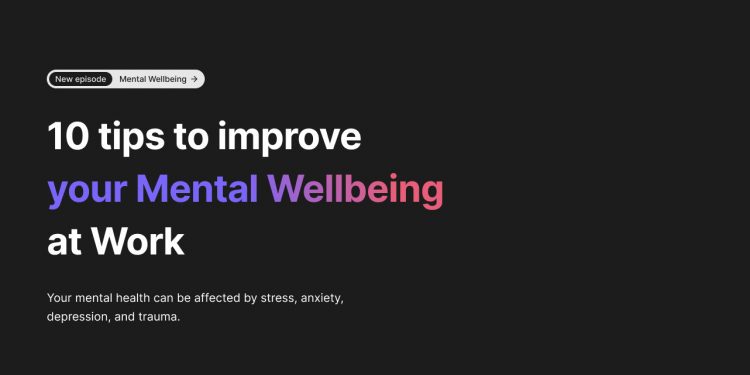What is Mental Health?
Mental health is a state of well-being in which people feel good about themselves, their relationships, and their life experiences. It can be affected by things like stress, anxiety, depression, and trauma.
What Causes Mental Health Issues?
There is no one answer to this question. But some common causes of mental health issues include:
Stress. Stressful events or situations can trigger mental health problems in people who are already prone to them. These events might be personal (like losing a love one), or they might be related to things outside of your control (like the economy).
Trauma. Trauma (also called physical or emotional abuse) can cause deep feeling of fear or pain that lasts long after the event has happened. This type of abuse can have serious impacts on a person’s mental health, including PTSD (post-traumatic stress disorder) and C-PTSD (complex post-traumatic stress disorder).
genetics . Some genes may make someone more likely to experience mental health issues, such as anxiety or depression. However, not all people with these genes will develop mental health problems.
environmental factors . Living in an environment that is stressful or traumatic can also cause mental health problems. For example, living in a war zone may lead to PTSD. Other environmental factors that have been linked to increased rates of mental illness include poverty and homelessness.
How Can I Improve My Mental Health?
There is no one answer to this question since everyone experiences different levels of happiness and well-being differently. However, here are some tips for improving your mental wellbeing: Give yourself permission to feel bad sometimes . Understanding that you’re not always going to feel great all the time is a huge step forward – it means you’re not defined by your negative thoughts and feelings all the time! Instead, allow yourself room for growth and improvement – even when things are tough! Practice self-care .
Maintaining a good mental health and wellbeing at work can be a challenge. It can be tough to find the time to self care, especially when you are busy working. However, there are many ways to improve your mental wellbeing and mental health at work.
Here are 10 tips to help you improve your mental wellbeing and mental health at work:
1. Set boundaries
If you find that you are working too many hours or that you are constantly stressed, set boundaries. This means setting a limit on how many hours you are willing to work each day and sticking to it.
2. Get enough sleep
Sleep is key for both your mental and physical health. Make sure to get enough sleep each night to stay mentally healthy and functioning.
3. Exercise
Exercising releases endorphins, which are hormones that have calming effects. Exercise also helps you to feel happier and more productive.
4. Eat a balanced diet
A balanced diet is essential for maintaining mental health and wellbeing. Eating healthy foods that provide energy and promote positive feelings is key to maintaining a balanced diet.
5. Connect with friends and family
Connecting with friends and family can be a great way to relieve stress and improve your mental wellbeing.
6. Take care of yourself.
It is important to take care of yourself through practices such as taking breaks, exercise, eating a balanced diet, and getting enough sleep.
7. Set goals.
Setting goals can help you to feel motivated and positive. It can also help you to stay on track when it feels difficult to maintain a good mental health and wellbeing at work.
8. Set a positive example.
If you want others to follow your lead in maintaining good mental health and wellbeing at work, you need to set a good example.
9. Talk to your employer.
Talking to your employer about your mental health and wellbeing can be a positive step. They may be able to provide resources or support that can help you to improve your mental wellbeing and mental health at work.
10. Seek professional help.
If you find that you are struggling to improve your mental wellbeing and mental health at work, speak to a professional. A professional can provide you with guidance and support in improving your mental health and wellbeing.
Conclusion
It is very possible to maintain good mental health and wellbeing at work. The tips provided are very important to maintain mental wellbeing. There are a number of things that you can do to help yourself, such as setting goals, being a positive example, and talking to your employer about your mental health. If you find that you are struggling, speak to a professional for guidance and support.






























